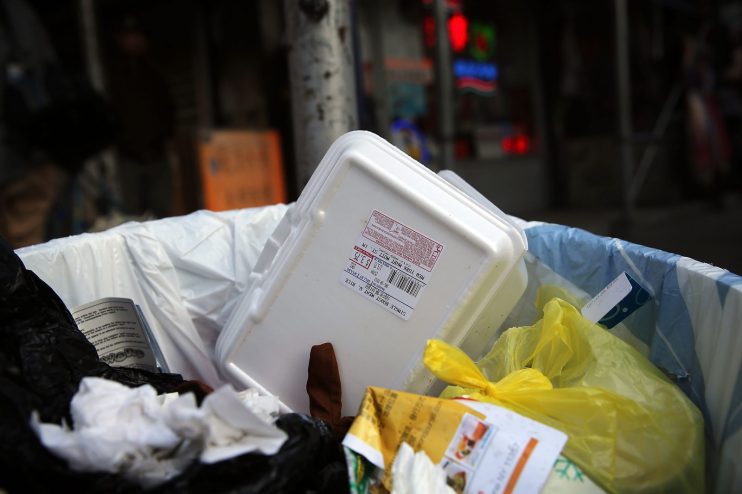Government set to ban single-use plastic plates and cutlery

Single-use plastic plates, cutlery and polystyrene cups are set to be banned in the UK amid plans for a new “war on plastic waste”, ministers have announced.
It is the latest step in attempts by the government to tackle plastic pollution after pledging to prevent all avoidable plastic waste by the end of 2042.
A consultation on the proposed ban will begin in the autumn, the Department for Environment, Food, and Rural Affairs announced overnight.
A full list of single-use items under review, will be revealed in the coming weeks.
Each person uses an average of 18 single-use plastic plates and 37 single-use plastic items of cutlery per year in England.
Such items, which do not degrade, can be a serious environmental hazard, killing hundreds of thousands of birds and animals every year.
Environment Secretary George Eustice said: “We’ve all seen the damage that plastic does to our environment. It is right that we put in place measures that will tackle the plastic carelessly strewn across our parks and green spaces and washed up on beaches.
“We have made progress to turn the tide on plastic, banning the supply of plastic straws, stirrers and cotton buds, while our carrier bag charge has cut sales by 95 per cent in the main supermarkets.
“Now we are looking to go a step further as we build back greener. These plans will help us stamp out the unnecessary use of plastics that wreak havoc with our natural environment.”
The government has already banned the use of microbeads in products like shower gels, reduced the number of plastic bags in use, and limited the supply of single-use plastic straws, stirrers and cotton buds.
Jo Morley, head of campaigns at City to Sea, said: “We welcome the news that the government are taking steps to tackle some of the most polluting single-use items. This is a much-needed move, that we as campaigners have been calling for, along with thousands of our supporters and members of the public.
“We need now to take a leading role in banning unnecessary single-use plastics to see real benefits for the nation’s and the world’s wildlife.”